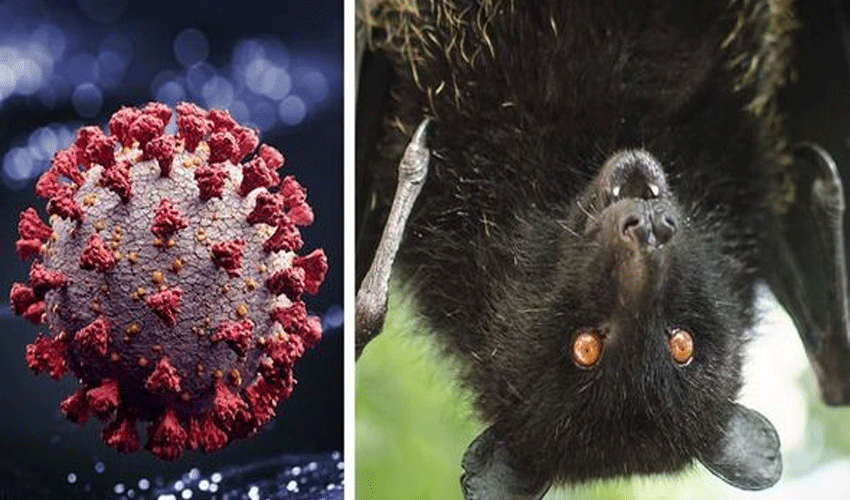Chinese scientists have identified a new bat coronavirus, HKU5-CoV-2, that has the potential to infect humans, raising fresh concerns about zoonotic diseases.
The study, conducted by a team led by renowned virologist Shi Zhengli at the Guangzhou Laboratory, was published in the scientific journal Cell.
The virus, which was detected in bats in China, shares similarities with the SARS-CoV-2 virus that caused the Covid-19 pandemic, particularly in its ability to use the ACE2 receptor to enter human cells. However, researchers have stated that its ability to infect humans remains limited.
Findings of the study
HKU5-CoV-2 is a descendant of the HKU5 virus, first identified in the Japanese pipistrelle bat in Hong Kong. It belongs to the merbecovirus subgenus, which includes the virus responsible for Middle East Respiratory Syndrome (MERS). The study found that, like SARS-CoV-2, the new virus contains a furin cleavage site—a feature that facilitates viral entry into human cells.
Laboratory experiments demonstrated that HKU5-CoV-2 was capable of infecting human cells with high ACE2 expression, particularly in models of the intestines and airways.
Researchers have also identified monoclonal antibodies and antiviral drugs that target the virus, indicating potential avenues for treatment if it were to spread.
Led by China’s ‘Batwoman’
The research was spearheaded by Shi Zhengli, a leading virologist from the Wuhan Institute of Virology, who is often referred to as "Batwoman" due to her extensive work on bat coronaviruses.
Shi was previously at the centre of global scrutiny during the Covid-19 pandemic, as the Wuhan institute was widely speculated to be the origin of the virus. She has consistently denied any lab leak theories, and the origins of the Covid-19 virus remain unresolved.
Should the virus be a cause for concern?
Chinese researchers have downplayed the threat posed by HKU5-CoV-2, noting that it does not bind as effectively to human ACE2 receptors as SARS-CoV-2. "The risk of emergence in human populations should not be exaggerated," the study stated.
Michael Osterholm, an infectious disease expert at the University of Minnesota, also dismissed fears over the study, calling the reaction "overblown."
He pointed out that global immunity to SARS-like viruses has significantly improved since the Covid-19 pandemic, which could reduce the likelihood of another major outbreak.
A separate study conducted by researchers from the University of Washington in Seattle and Wuhan University similarly concluded that while HKU5-CoV-2 could bind to bat and other mammalian ACE2 receptors, it did not exhibit "efficient" human binding.
The Covid-19 pandemic, which originated in China in late 2019, led to a global health crisis, with the World Health Organization (WHO) declaring it a pandemic in early 2020. As of February 2025, the virus has caused over 7 million confirmed deaths worldwide, ranking among the deadliest pandemics in history.



























